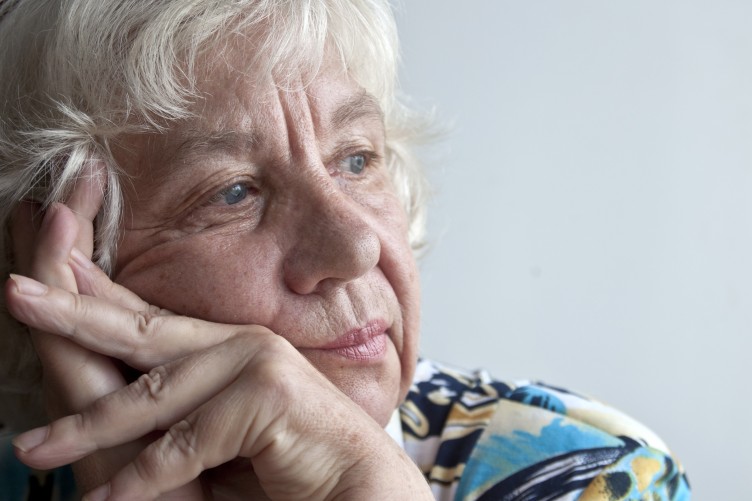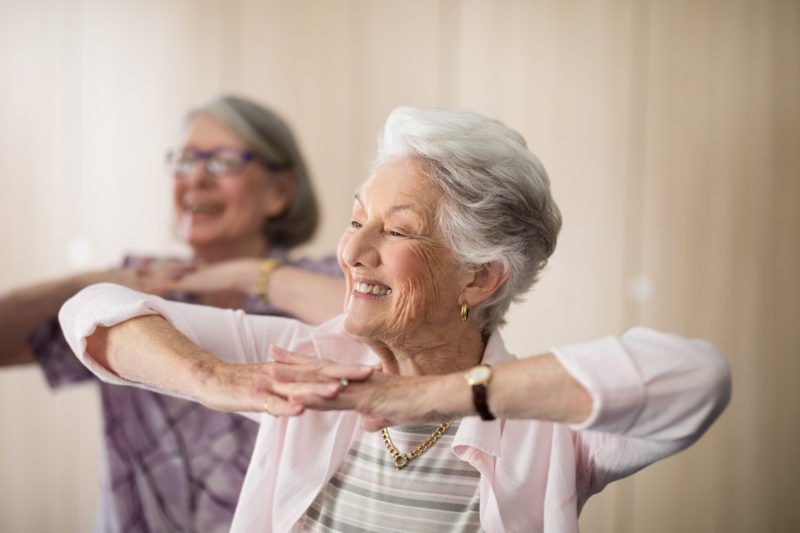
As the UK enters a second lockdown the exercise community have again retreated back into their homes. Sadly, for some people, the closing of gyms means a return to social isolation and the accompanying feelings of loneliness.
Loneliness is a problem that affects people from all walks of life. Lifestyle changes such as moving location, bereavement, divorce or the burden of caring for loved ones can mean that existing relationships may fall by the wayside. More immediately, a national pandemic requiring large periods of social distancing and self-isolation will inevitably have the same effect.
The indiscriminate nature of loneliness – defined as a ‘subjective unwelcome feeling of lack or loss of companionship’ – makes it a widespread issue, even more so at this time.
So why is group exercise in particular so important to fight loneliness?
There is a lot of evidence to show that in the long term, group exercise is hugely beneficial in the fight against loneliness.

UK Active states that physical activity has the potential to be the silver bullet for a range of issues facing older people – supporting them to maintain their independence for longer, reducing feelings of loneliness and social isolation, and reducing the risk and impact of depression and anxiety.
Anything which brings a group of likeminded people together, either through a group interest or group goal, encourages a sense of social inclusion and belonging.
It gives you something in common to talk about and gives you the sense of ‘all being in this together.’ In a class where everyone stands in the same space each week you soon start to feel, both emotionally and physically, that you have a place within the group.
But it does not stop at the end of the class. The benefits of fighting loneliness through group exercise are far reaching. By improving joint mobility, muscle strength and aerobic capacity, group exercise will allow you to keep mobile and allow you to ‘get out and about’ much more and for much longer than if you don’t exercise. This allows you to socialise and interact with people in multiple settings – particularly that after class coffee and cake!
Exercise also releases endorphins, happy hormones, which will improve your mind set and help you to better endure periods when you are on your own.
At the moment we can’t exercise together or go for coffee after class, but here are some ideas to keep fit and keep connected.
Things to try through lockdown:
- Meet a friend for a socially distanced walk.
- Join a Zoom class. They are advertised everywhere – and are not as intimidating as you might first think.
- Join an online group such as a Facebook walking group, where you can share your exercise experiences with likeminded people.
- Start an exercise challenge with your family then share how you got on through a video call. If you have a Fitbit, link it with your family members for that extra competitive edge.
- If you want to take your fitness more seriously, online coaching groups are available which will put you in contact with a trainer who will coach you and motivate you through your fitness journey.
References:
UK Active.com – can physical activity tackle the UKs loneliness crisis – by Geremy Sagoo
WorldHealth.net
EMD UK – combatting loneliness with group exercise
